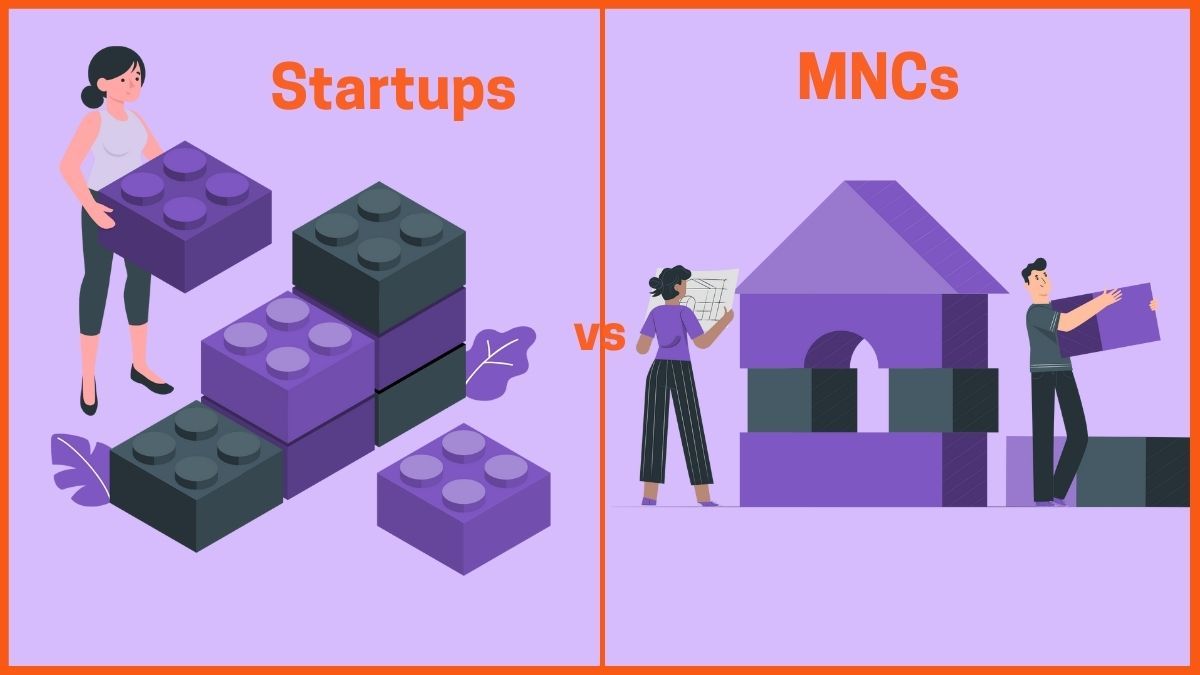Why I Built react-whatsapp-floating
A few weeks back, while working on a project at https://dg.raghuvartech.com/, I ran into an interesting challenge. The team wanted to add a chat option to our application so that users could easily reach out to us via WhatsApp.
Sounds simple, right? Just add a floating button that opens WhatsApp.
Well, not quite.
The Problem
When I searched for npm packages, I found a couple of options. They worked, but only in a limited way — they would just open the WhatsApp API link (wa.me/…).
On mobile, that was fine — it opened the WhatsApp app.
But on desktop/laptop, it felt clunky. Instead of opening WhatsApp Web, it still pointed to the API link.
And that didn’t feel like a good user experience.
I thought:
If I’m using WhatsApp on my laptop, why shouldn’t the chat open in WhatsApp Web automatically?
The Idea
So I decided to build my own solution.
A floating WhatsApp chat widget for React that’s a little smarter:
- If you’re on mobile or tablet, it opens the WhatsApp app.
- If you’re on desktop/laptop, it opens WhatsApp Web.
Simple, but way more user-friendly.
The Result
That’s how react-whatsapp-floating was born.
It’s a small npm package that anyone can drop into their React app.
- Easy to install
- Fully customizable
- And it just works across devices ✨
npm install react-whatsapp-floating
import WhatsAppWidget from “react-whatsapp-floating”;
function App() {
return (
<WhatsAppWidget
phoneNumber=”+1234567890″
message=”Hello from Dheera Global!”
/>
);
}
Why Open Source?
I built this to solve a real problem for Dheera Global, but then I realised:
If I needed this, chances are other developers do too.
So instead of keeping it private, I published it on npm — my first ever package 🎉
It feels great to give something back to the community, and I’m looking forward to improving it further with feedback from other developers.
You can check it out here:
https://www.npmjs.com/package/react-whatsapp-floating
Would love to hear your thoughts and suggestions
















